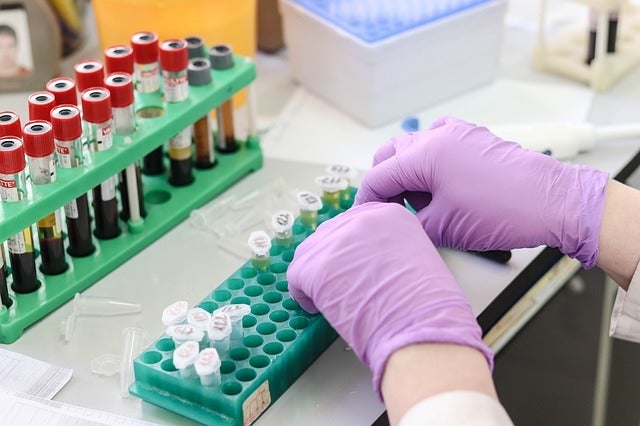
Natera has secured two breakthrough device designations (BDDs) from the US Food and Drug Administration (FDA) for Signatera molecular residual disease (MRD) test.
The two designations will allow to develop Signatera, via phase III clinical trials, as a companion diagnostic to two different cancer therapies.
Signatera is a custom-built circulating tumor DNA (ctDNA) test designed for treatment monitoring and MRD assessment in patients previously diagnosed with cancer.
The test, which is available for both clinical and research use, is clinically validated in multiple cancer types such as colorectal, non-small cell lung, breast, and bladder cancer.
With the latest designation, the Signatera MRD test currently has three BDDs across multiple cancer types and indications.
Over the past year, Natera has signed $65m worth of contracts consisting of multiple phase III registrational trials that integrate Signatera as a companion diagnostic.
Natera also stated that it has made significant investments in regulatory affairs and quality systems to support precision oncology.
Natera regulatory affairs vice president Fayyaz Memon said: “We are committed to working with the FDA and with our biopharma partners to validate the use of the Signatera MRD test across a broad range of solid tumor indications.
“These two new Breakthrough Device Designations will help us accelerate our mission to bring life-saving diagnosis and treatment to cancer patients as early as possible.”
As part of the BDD programme, the FDA helps boost the approval of novel technologies to facilitate effective treatment or diagnosis for debilitating human diseases.
In June last year, Natera commenced two clinical trials, dubbed CIRCULATE-Japan and BESPOKE CRC, to measure clinical outcomes of Signatera MRD testing for resectable stages II-IV colorectal cancer (CRC).






